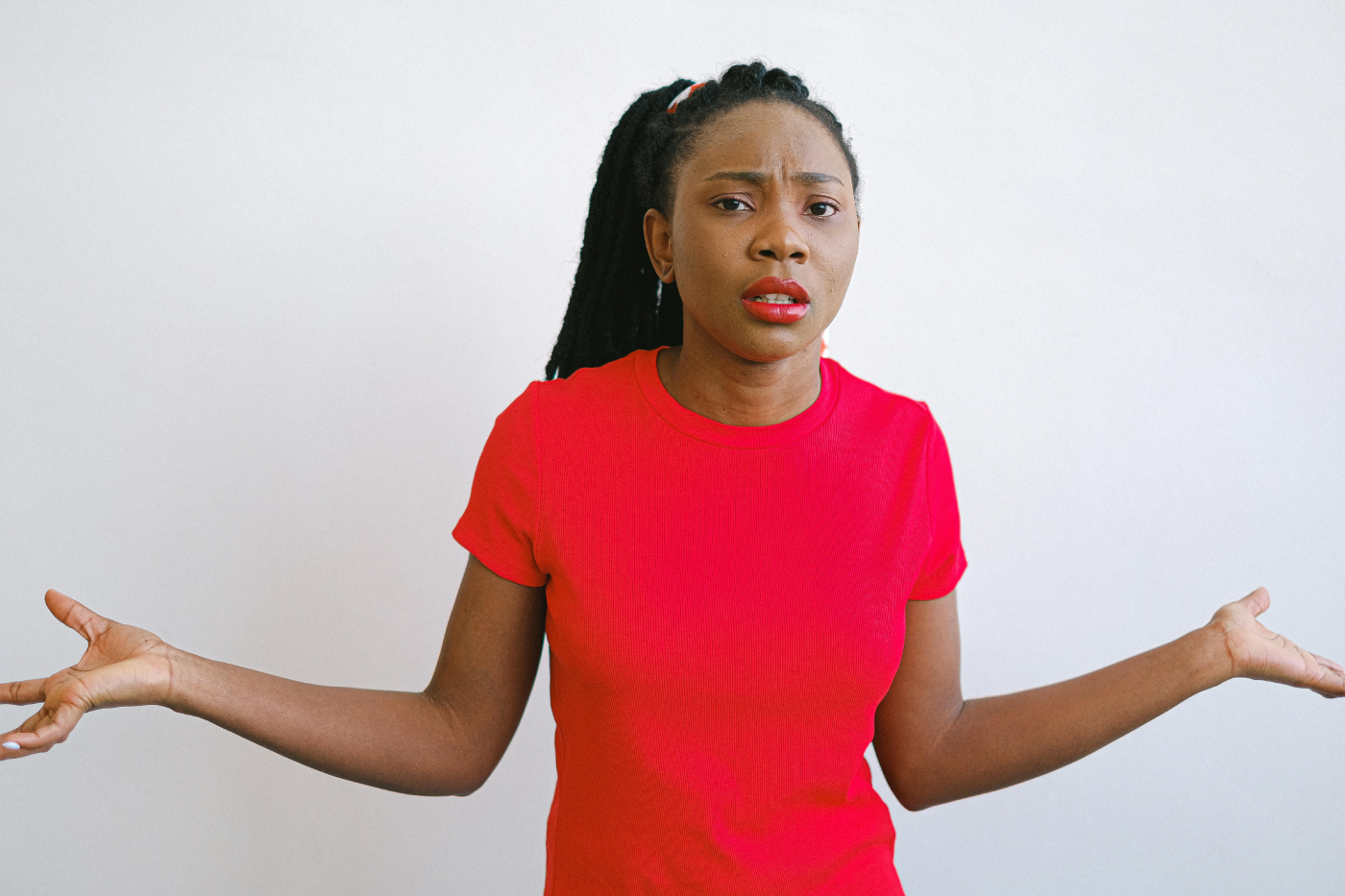Knowing the distinctions between different types of depression can help people suffering from depression better manage their symptoms. Treatment will differ depending on the type of depressive disorder that the person is diagnosed with, and an accurate and specific diagnosis can help people find the most effective form of treatment that meets their needs.
Usually, depressive disorders are treated with a combination of different types of psychotherapies, most commonly cognitive-behavioral therapy (CBT), medication-assisted treatment (MAT), or a combination of the two. However, the focus of these treatments differs for different types of depressive disorders and from person to person. When treating depressive disorders, it’s important to analyze triggers that cause the person to spiral further into their depression and provide tools to combat the person’s specific depressive symptoms.
Depressive disorders are classified under mood disorders in the fifth edition of the Diagnostic and Statistical Manual of Mental Disorders (DSM-5). While people with bipolar disorder and borderline personality disorder (BPD) may experience depressive symptoms, they are not classified as depressive disorders in the updated version of the DSM-5. Bipolar disorder used to be considered a depressive disorder but now has a separate classification under mood disorders. On the other hand, borderline personality disorder is classified as a personality disorder.
Major Depression
Major depression, also known as clinical depression, is the most common depressive disorder. People with major depression may experience depressive symptoms for two weeks or more, making it difficult for them to function in their daily lives. Depressive symptoms may include feelings of hopelessness, irritability, worthlessness, fatigue, lack of interest in hobbies and activities, difficulty concentrating and sleeping, and appetite changes. Major depression may cause someone to struggle to find the motivation to pursue their short or long-term goals.
Major depression can affect many areas of a person’s life, including personal relationships, achieving career goals, and more. Major depression can be caused by both genetic, environmental, and biological factors. Research on the exact cause of any depressive disorder is inconclusive, but treatments are available.
Persistent Depressive Disorder
Persistent depressive disorder, also known as dysthymia, is characterized by someone experiencing depressive symptoms for at least two years. During these two years, the person may experience various severity of depressive symptoms, including periods of mild, moderate, or severe depression. However, persistent depressive disorder is generally considered to have less severe symptoms than major depression, but the symptoms are more constant.
Someone with persistent depressive disorder may be described as gloomy or as someone who complains too much. Persistent depressive disorder may lead to low self-esteem, fatigue, loss of interest, emptiness, guilt, and avoidance of social activities.
Postpartum and Prenatal Depression
Postpartum depression is characterized as a new mother experiencing severe depressive symptoms, including extreme sadness, anxiety, or exhaustion. These feelings often interfere with the mother’s ability to take care of her child. Prenatal depression is when a soon-to-be mother experiences these symptoms during pregnancy. The major depressive symptoms associated with postpartum and prenatal depression are much more severe than “baby blues,” which usually only lasts two weeks after the baby is born.
Postpartum and prenatal depression are believed to be caused by an excess of hormones due to the pregnancy. Depression symptoms may be hard to decipher from the general symptoms of pregnancy.
Seasonal Affective Disorder (SAD)
Seasonal affective disorder (SAD) is characterized by a person who experiences an onset of depressive symptoms in the fall or winter months due to lack of sunlight causing a drop in serotonin levels. These symptoms usually go away in the spring and return each fall or winter. However, people can have seasonal affective disorder in the spring and summer, though it is not as common. This could be possibly caused by the changes in the season disrupting the serotonin levels in a person’s body. People with seasonal affective disorder usually experience social withdrawal, increased sleep, and weight gain.
Psychotic Depression
Psychotic depression is characterized as someone who is experiencing extreme depressive symptoms along with psychosis. Psychotic symptoms may include hallucinations and delusions. Delusions are false fixed beliefs that the person firmly believes in despite being contradicted by what most people accept as reality.
Hallucinations are when a person hears or sees things that others can’t. Both delusions and hallucinations caused by psychotic depression are based on the person’s depressive symptoms.
Psychotic depressive symptoms may include hallucinations or delusions relating to worthlessness, guilt, paranoia, illness, and failure. These psychotic symptoms could possibly lead to suicide.
Understanding the different types of depressive disorders will help you find the most suitable treatment for your depressive symptoms. Depressive symptoms can vary from disorder to disorder and person to person, so if you think you are experiencing depressive symptoms, it may be necessary to seek further evaluation. Shoreline Recovery Center believes that all their clients deserve a treatment plan that is specific to each person’s needs, symptoms, skillset, and schedule.
At Shoreline, we provide several different types of treatment to help address and manage depressive symptoms, including cognitive-behavioral therapy (CBT) and medication-assisted treatment (MAT). The professionals at Shoreline are eager to listen to your needs and work with you to create an effective treatment plan. We want to understand your emotions and symptoms the best that we can to give you a proper diagnosis and treatment. If you or a loved one is suffering from depressive symptoms, please call us at (866) 278-8495 to learn more about the programs that we offer.







